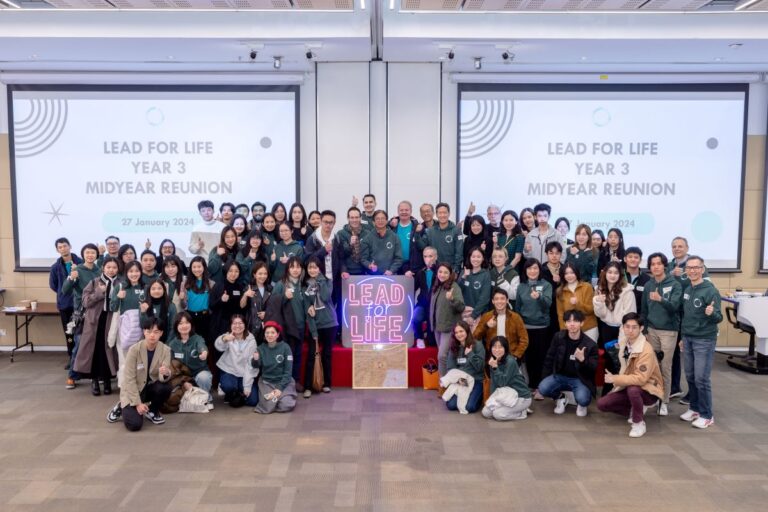Radical Feminism, Radical Marxism, Radical Love: a Professor Encounters Mother Teresa
Mother Teresa (HKU’93 honorary doctorate Social Sciences), a Catholic nun who devoted her life to helping India’s poor, was arguably the most influential spiritual revolutionary of her time. Canonised by Pope Francis, the “saint of the gutters” served the poor of Calcutta and challenged religious thought of people the world over.
Prof Mary Poplin (Claremont Graduate University) has chronicled a unique path of philosophy and belief; her story is one of intellectual crisis and transformation. A self-proclaimed ‘radical’ marxist and feminist, Prof Poplin was changed in a sabbatical season in Calcutta. The change of radicalism was triggered by the work and love of the Missionaries of Charity, and a few poignant interactions with Mother Teresa.
Mary Poplin is a professor in the School of Educational Studies at Claremont Graduate University. In 1993, after having been a feminist, multiculturalist and Marxist, Prof Poplin worked for two months with Mother Teresa and the Missionaries of Charity in Calcutta to understand why she said their work was “religious work and not social work.” From that experience she began to explore the academic and social repercussions of the various feminist and justice movements. In the arena of higher education, Poplin examines four major worldviews – material-naturalism, secular humanism, pantheism, and Judeo-Christianity – and explores their implications for human behavior and their evidence for their truth. Her recent books include Finding Calcutta in 2008 and Is Reality Secular in 2014.









